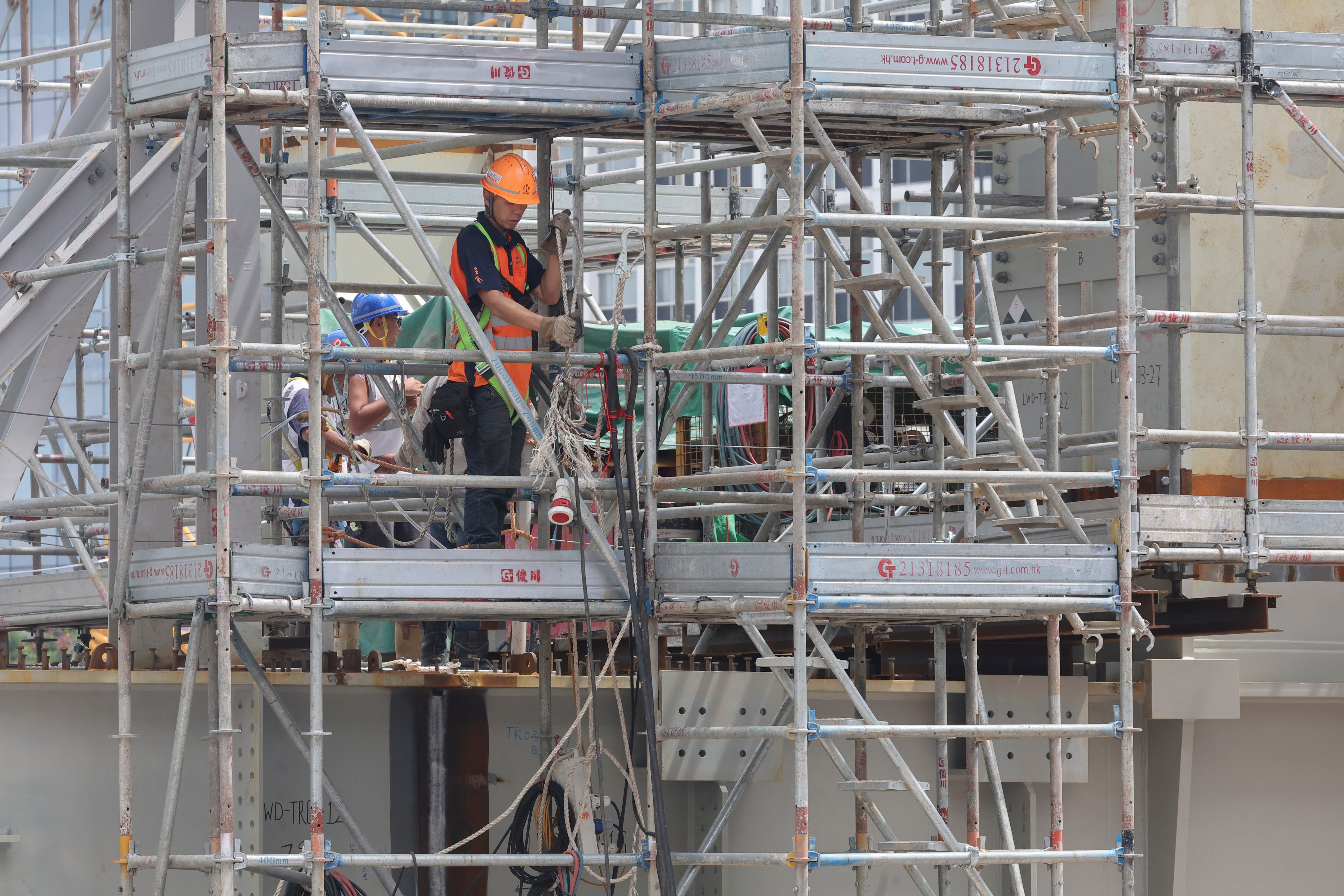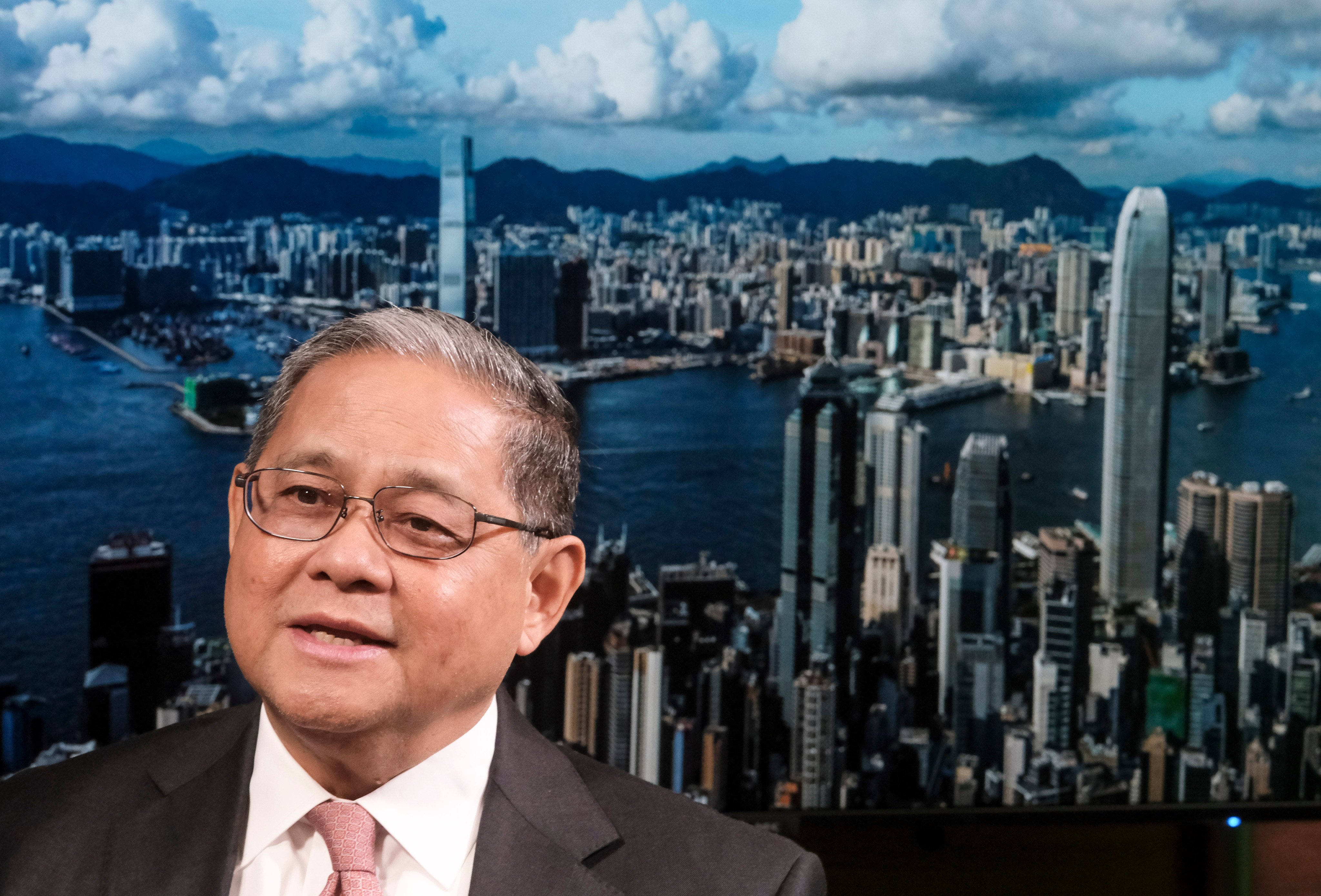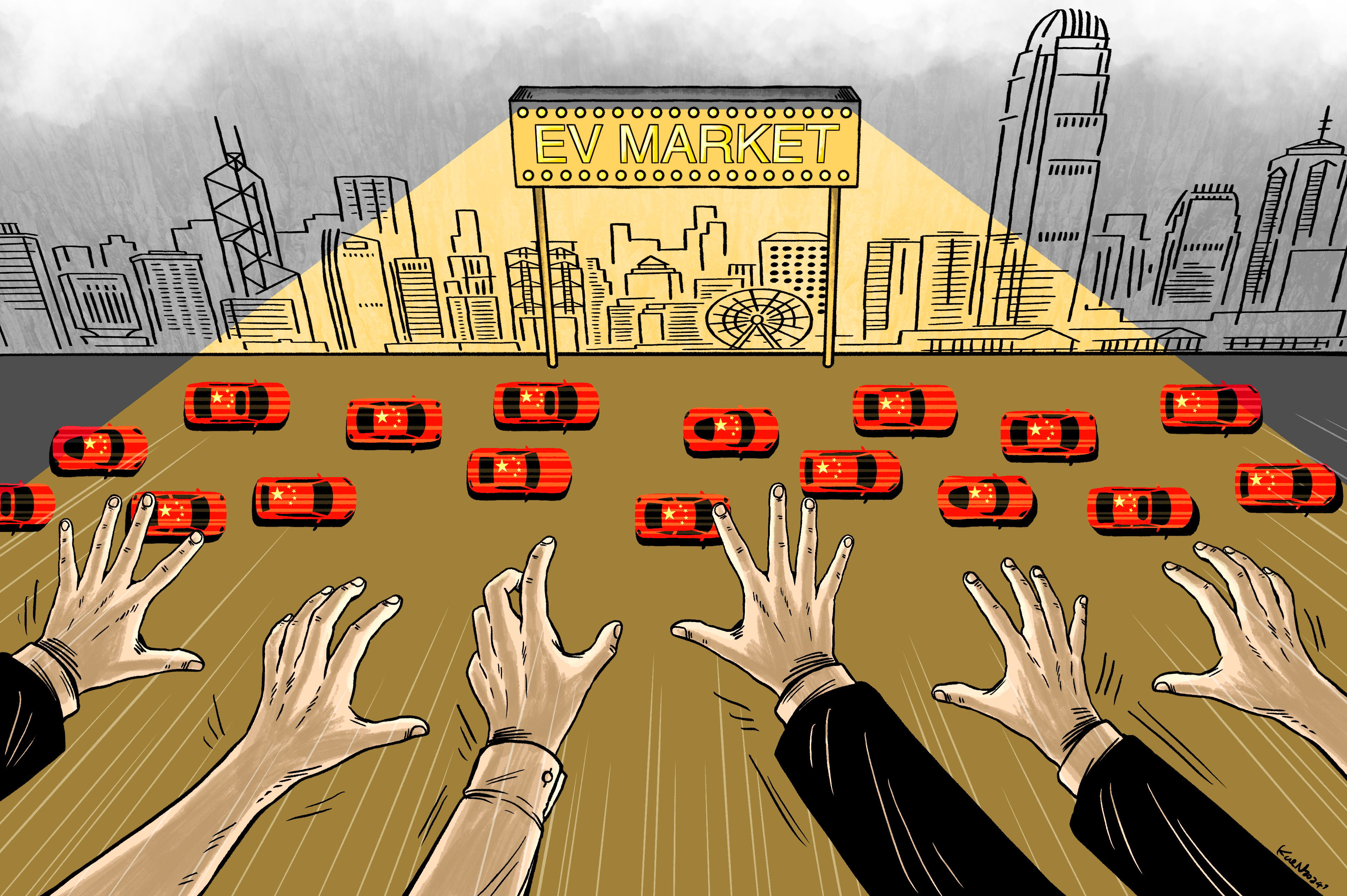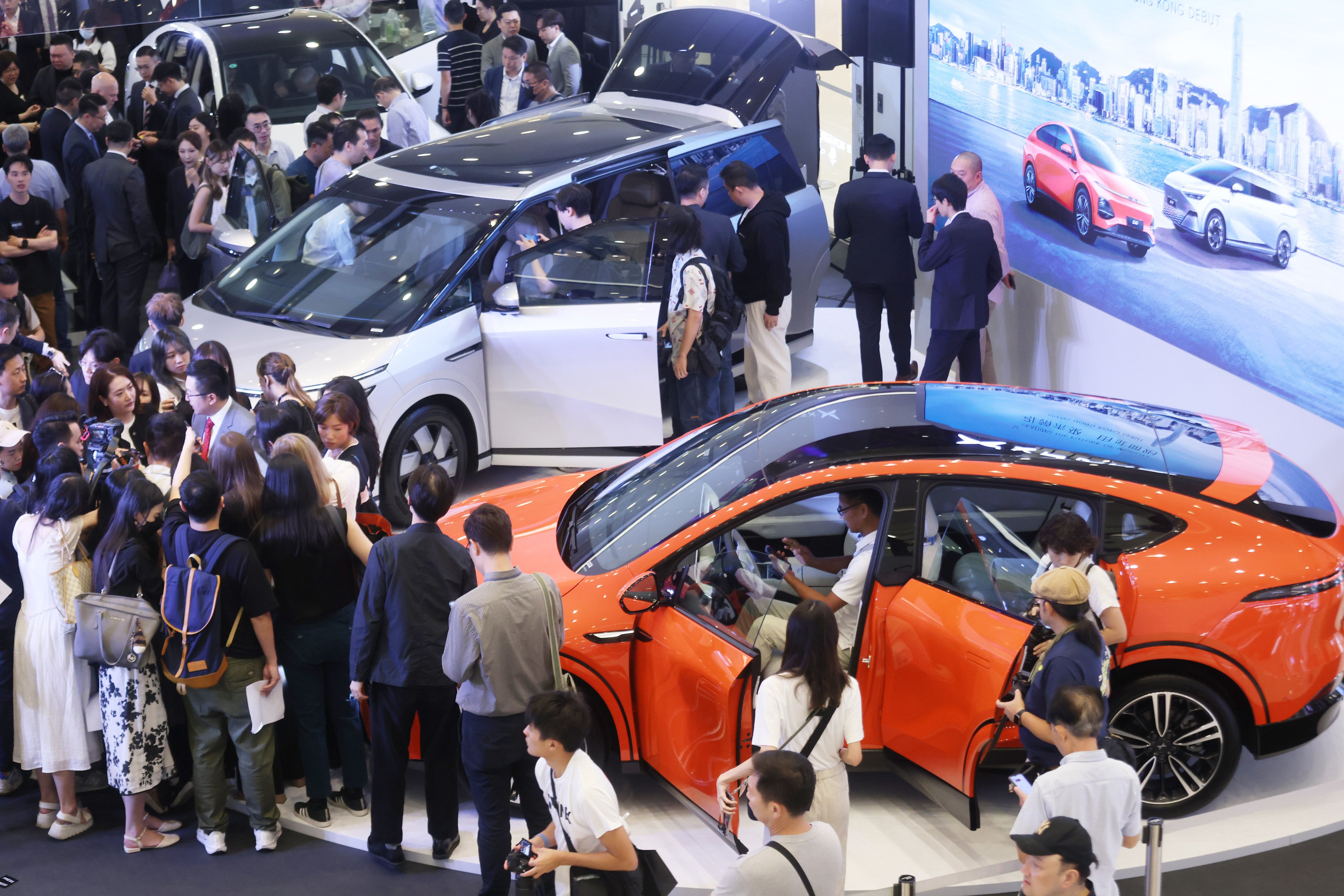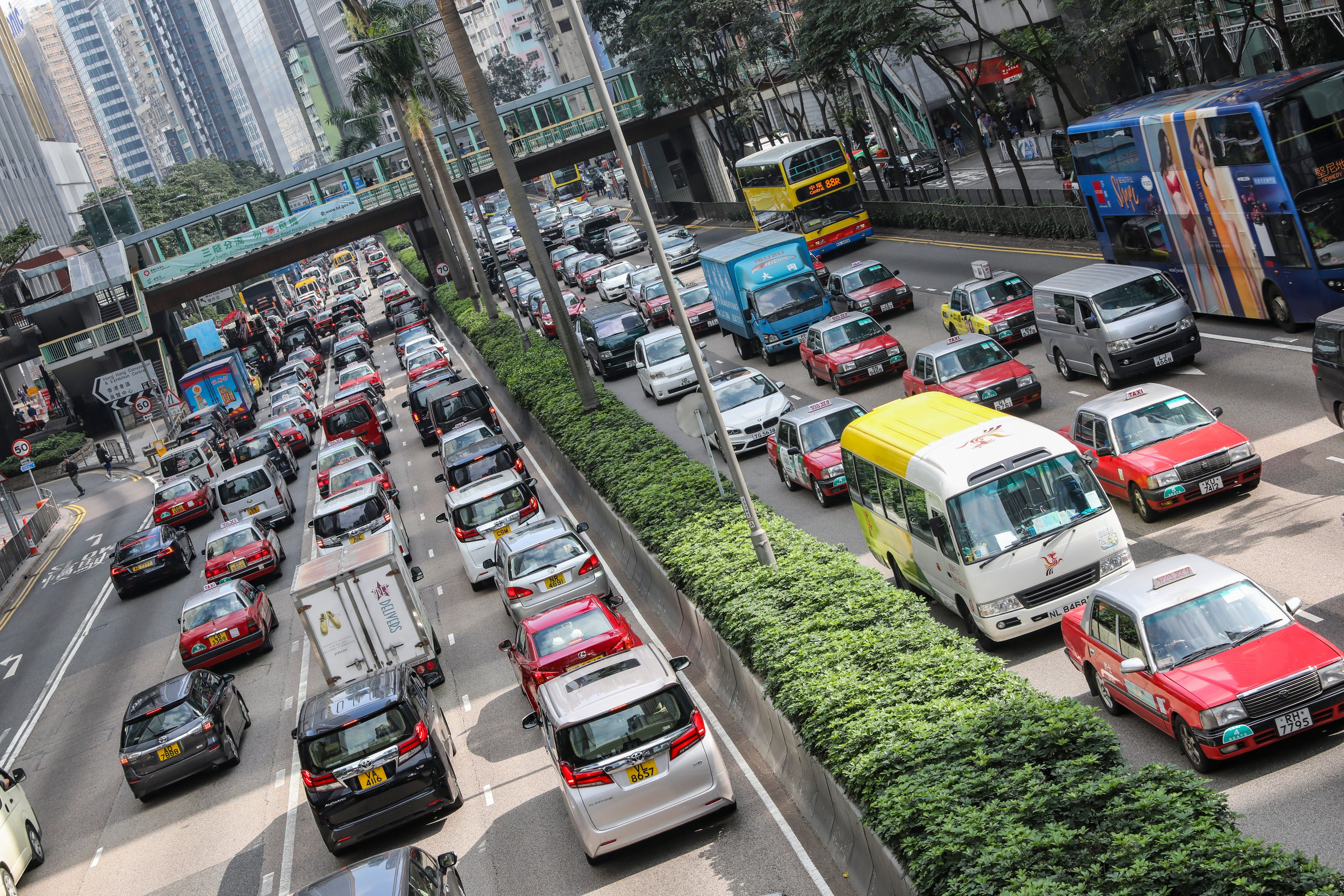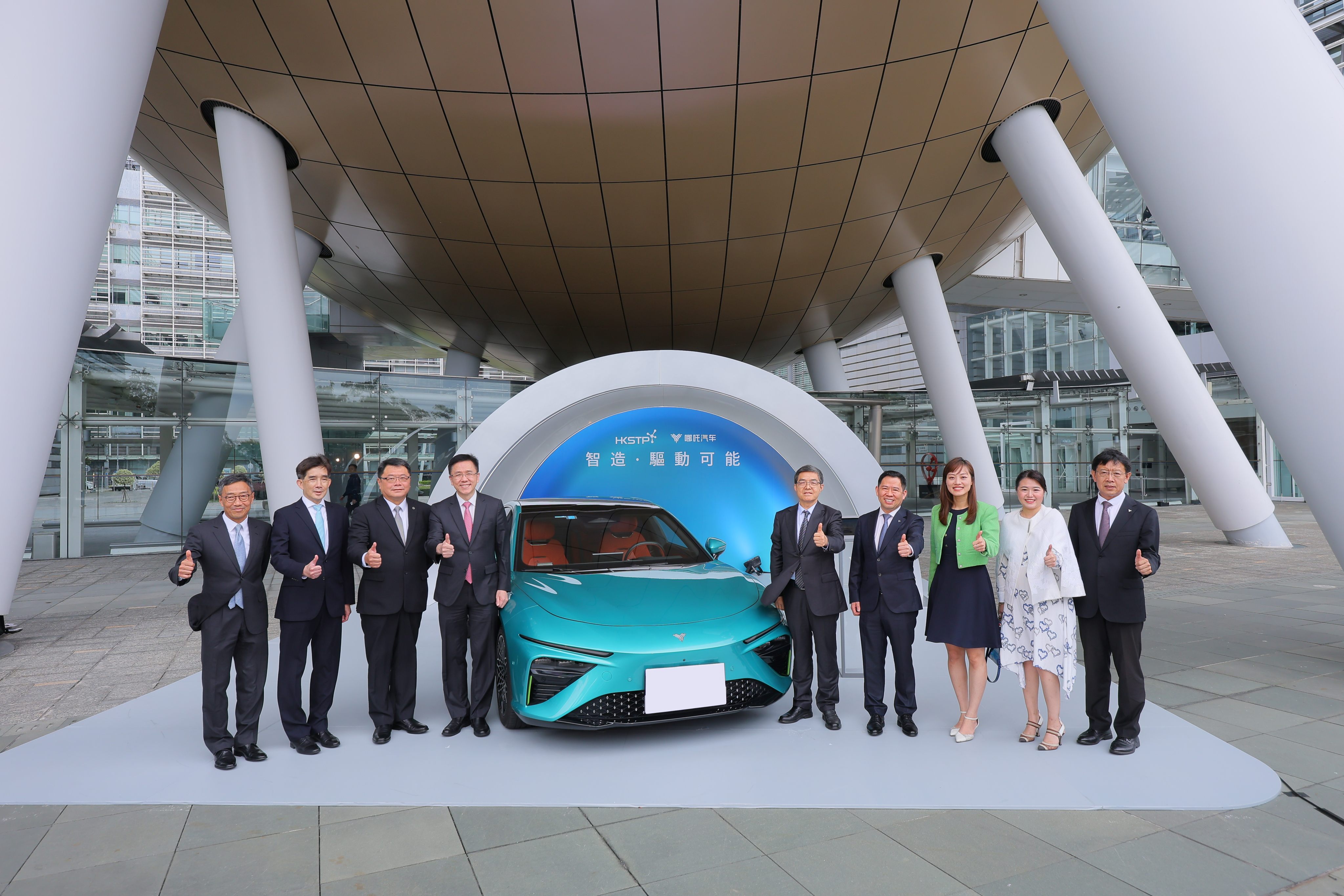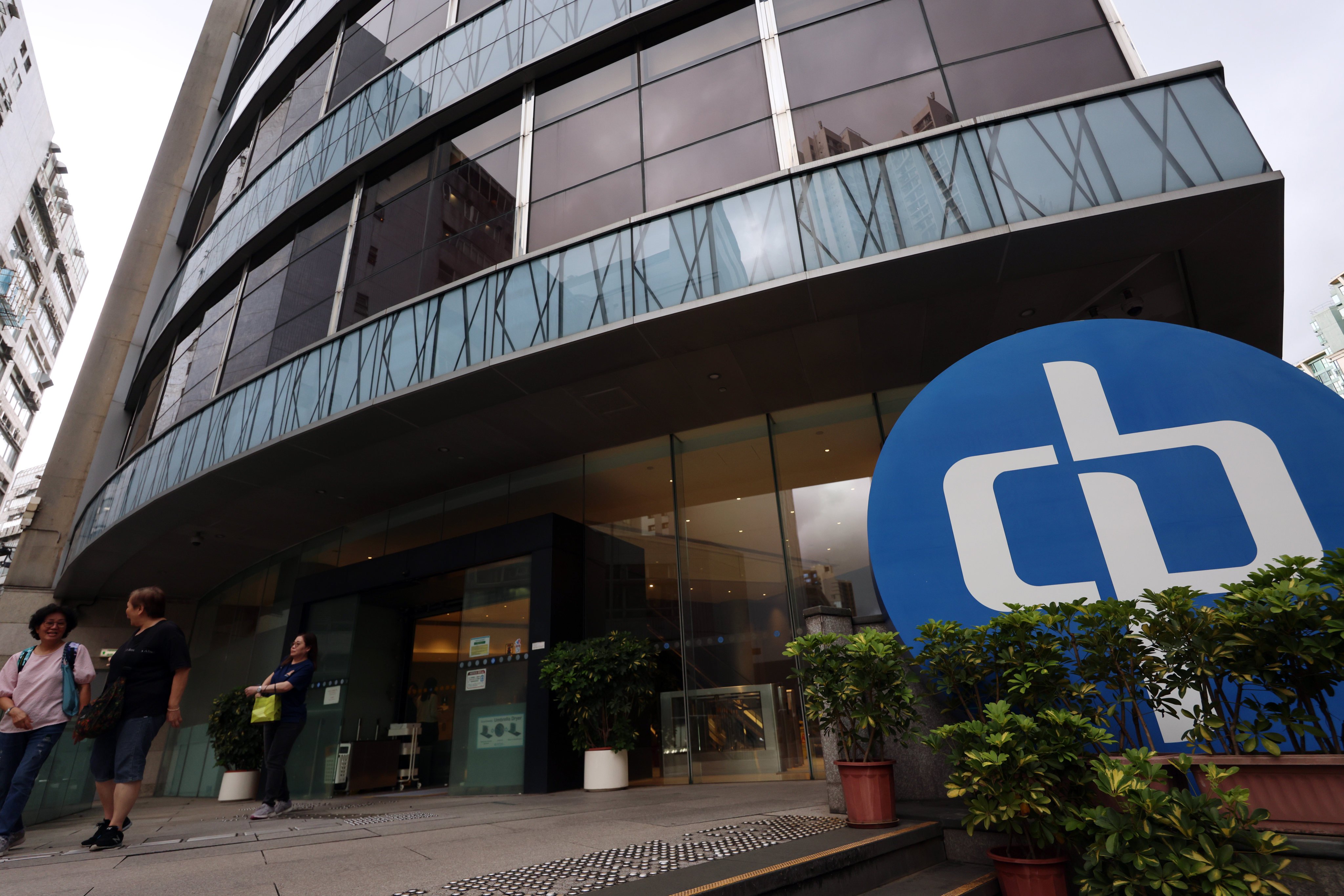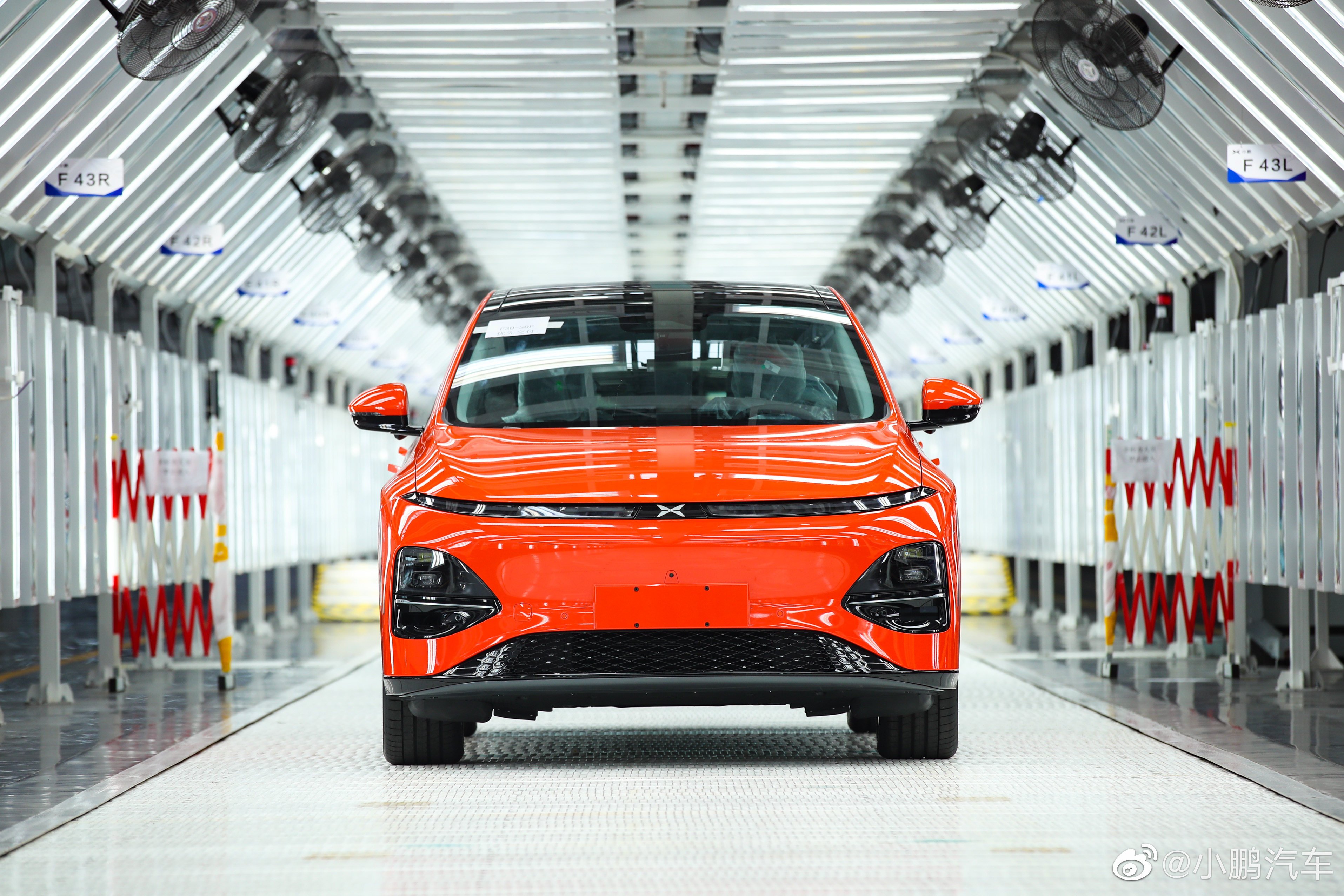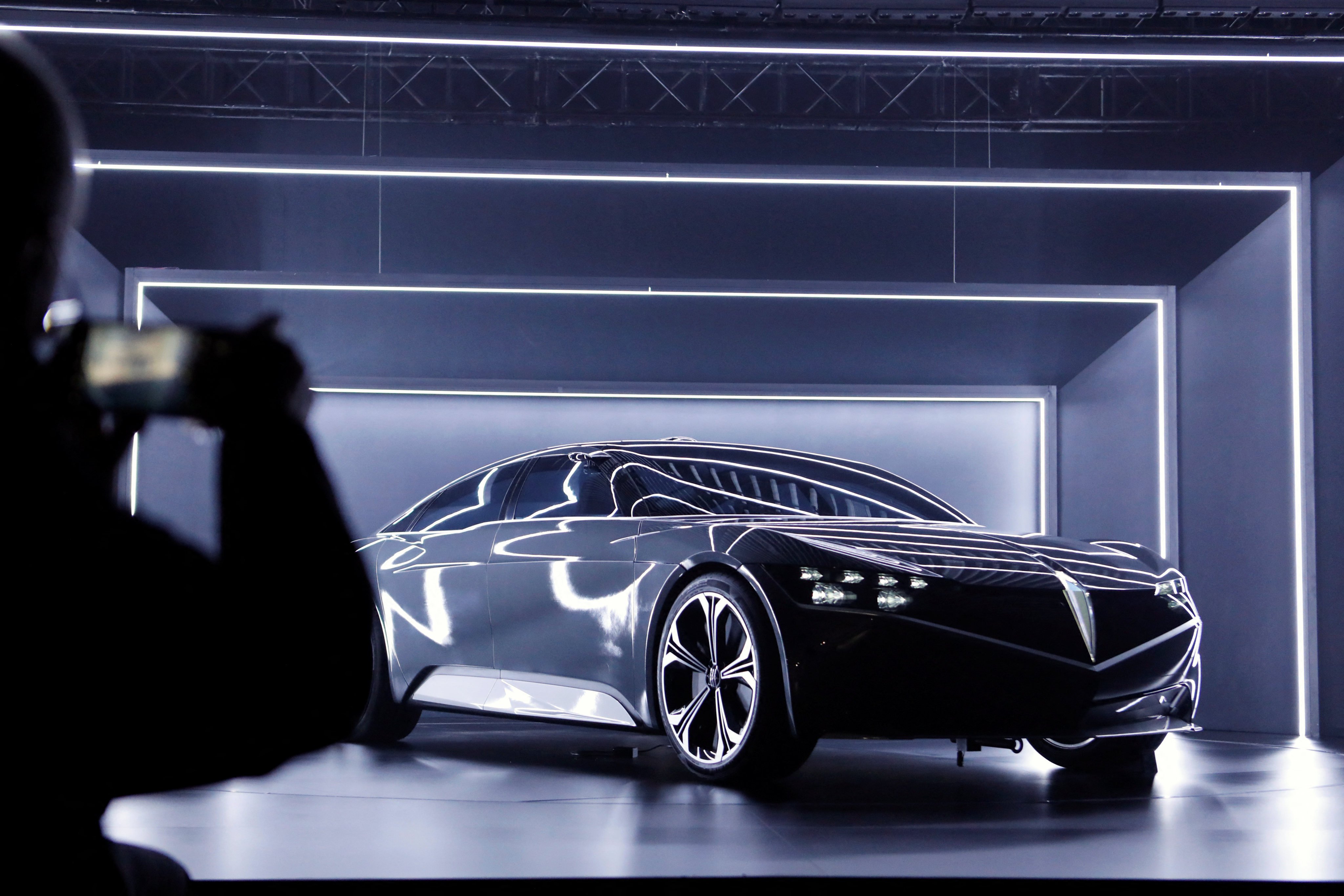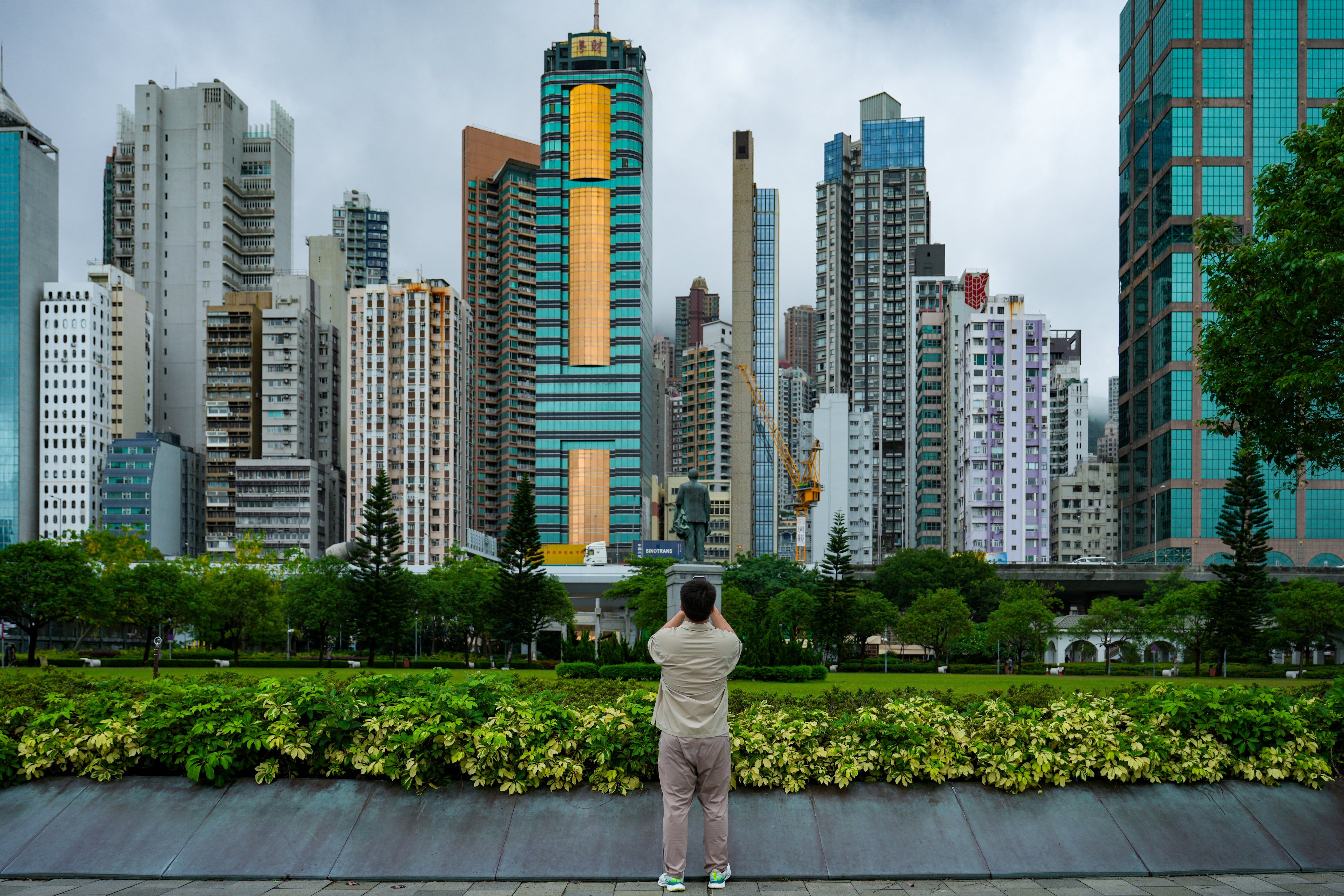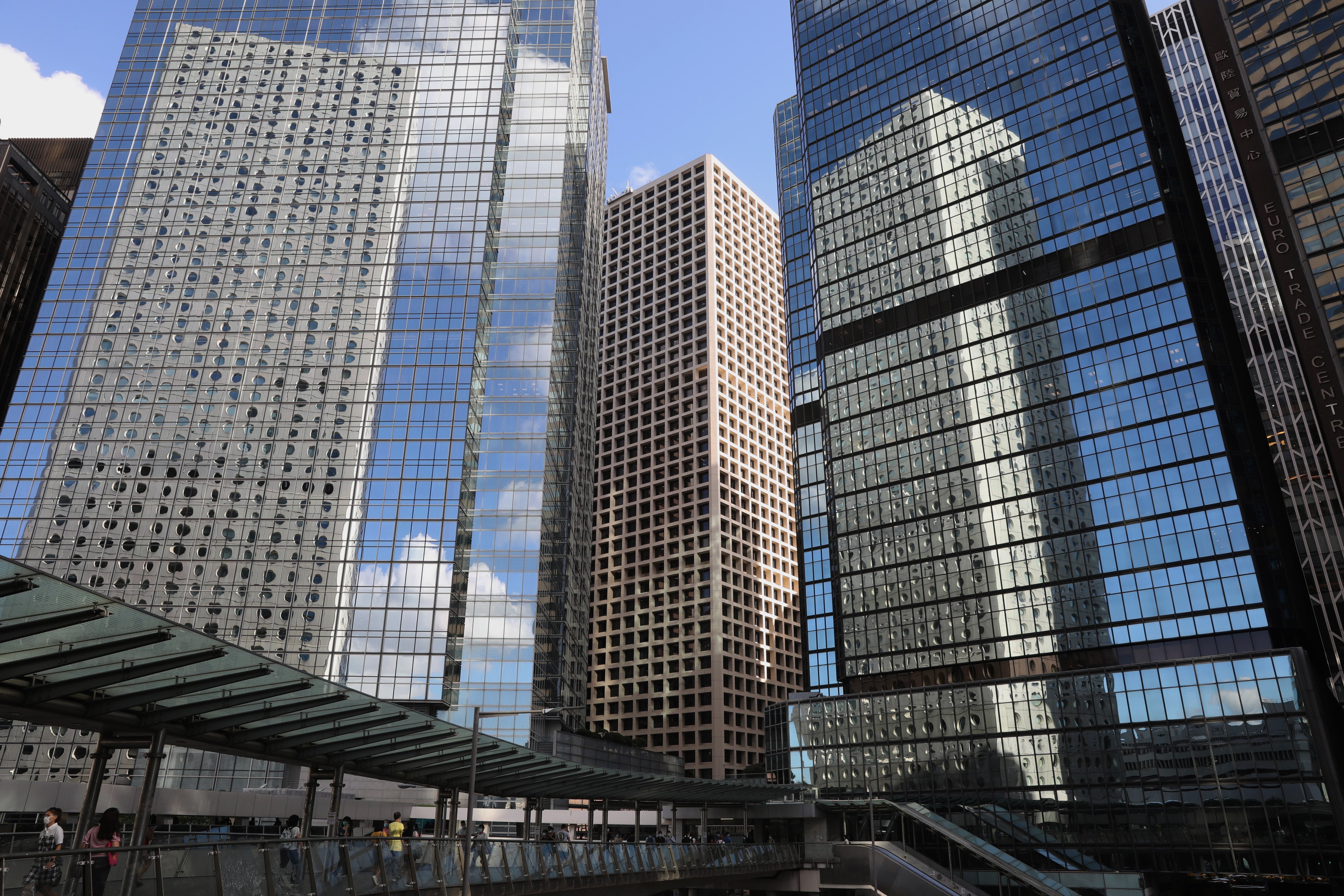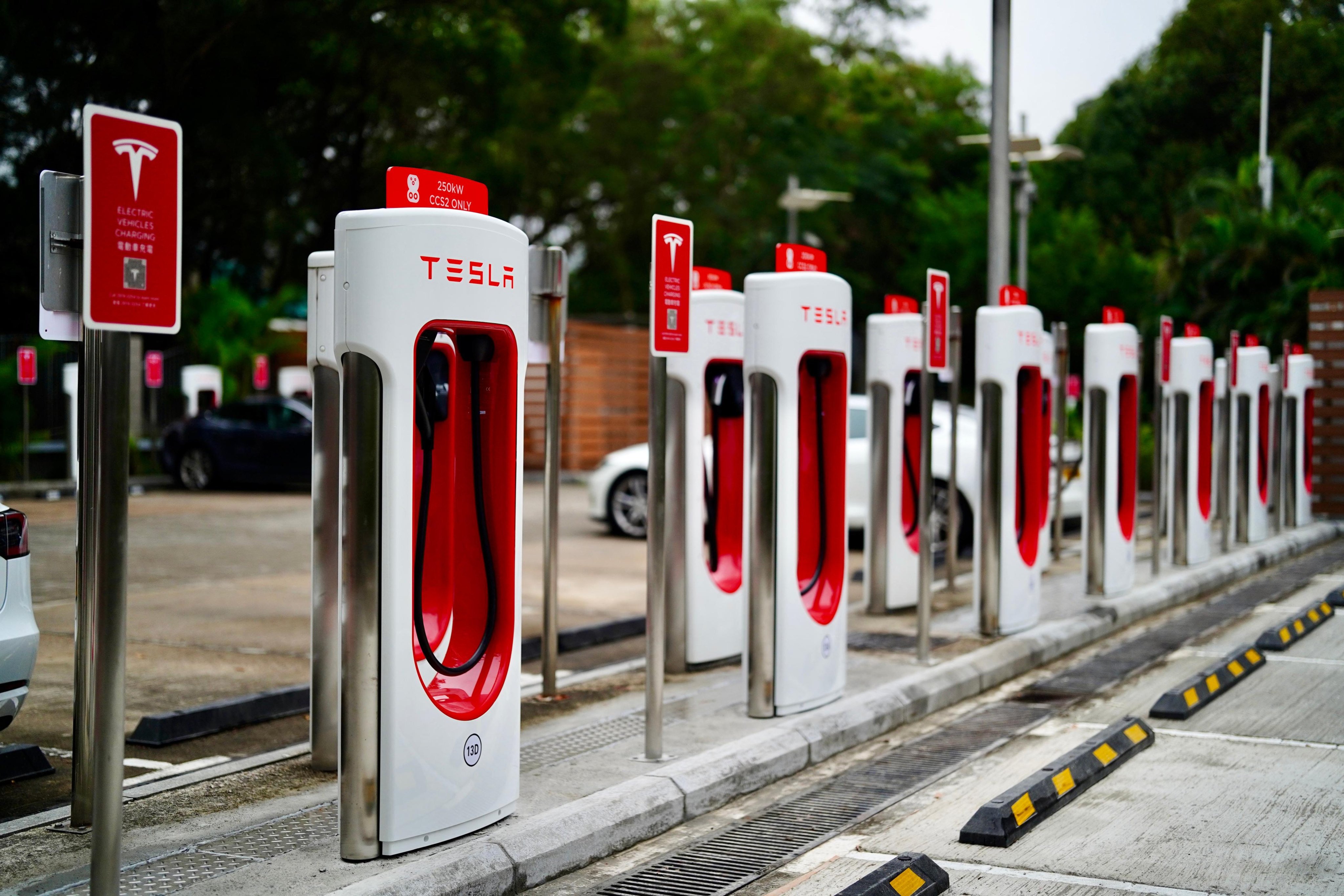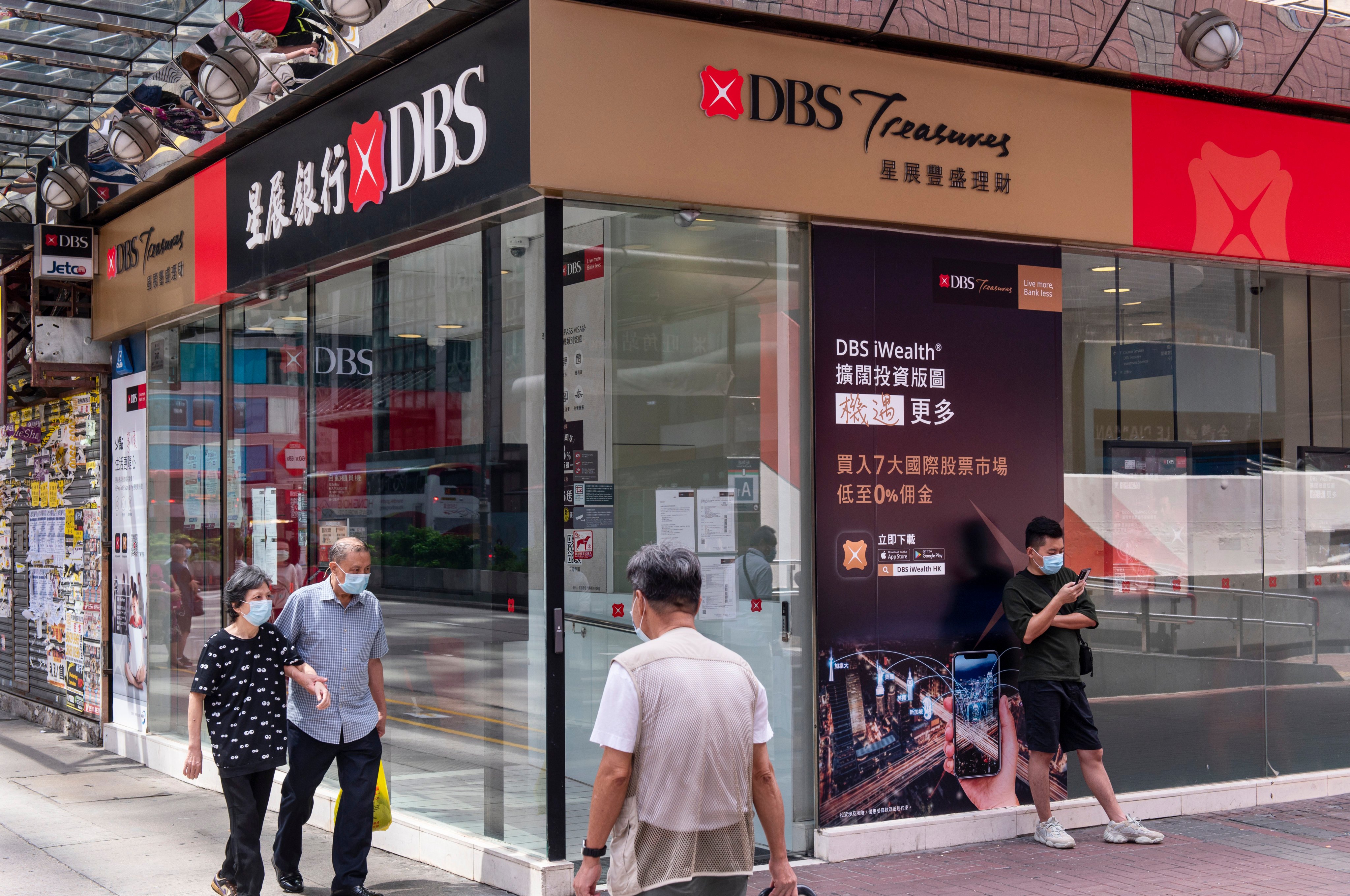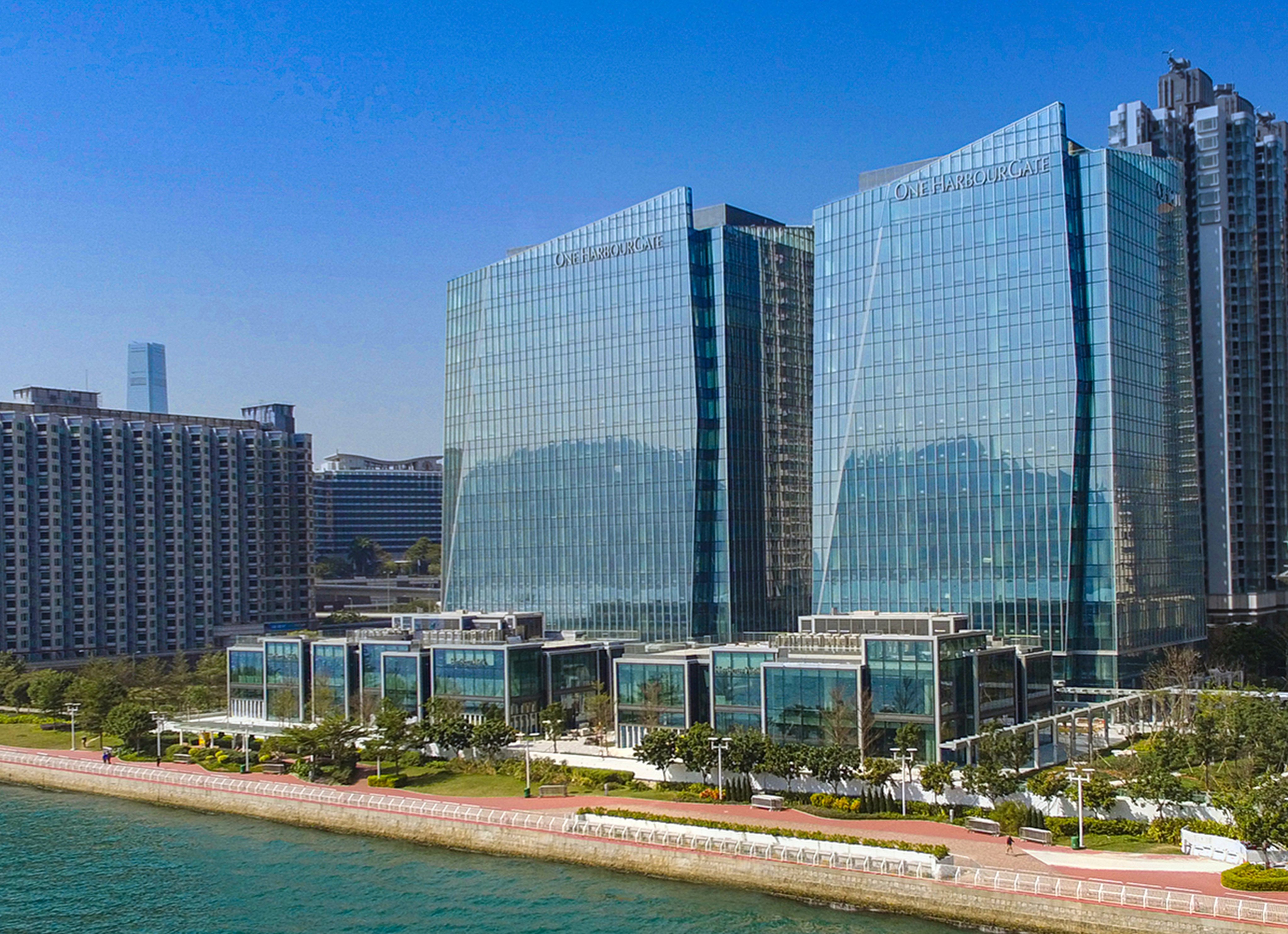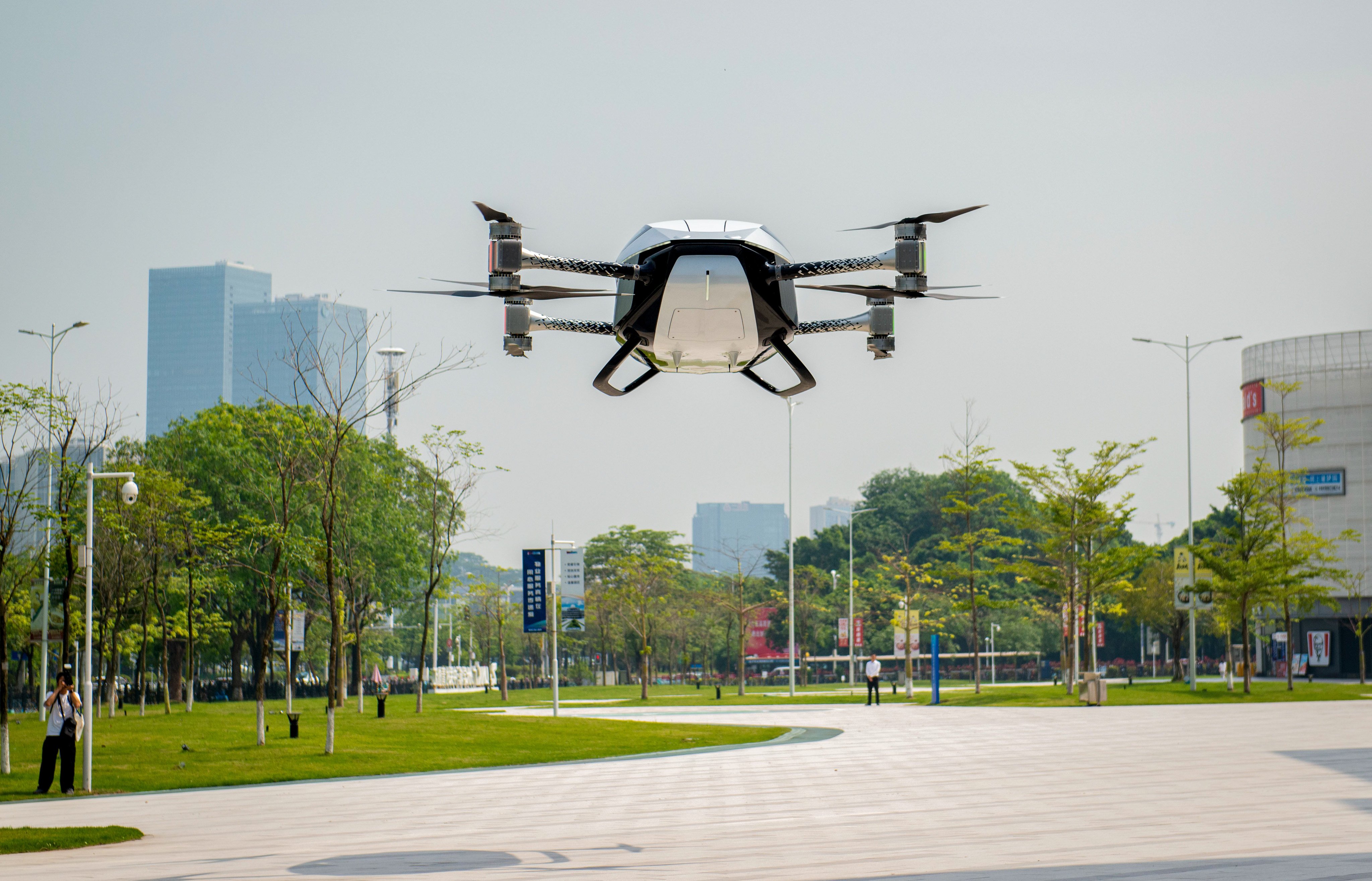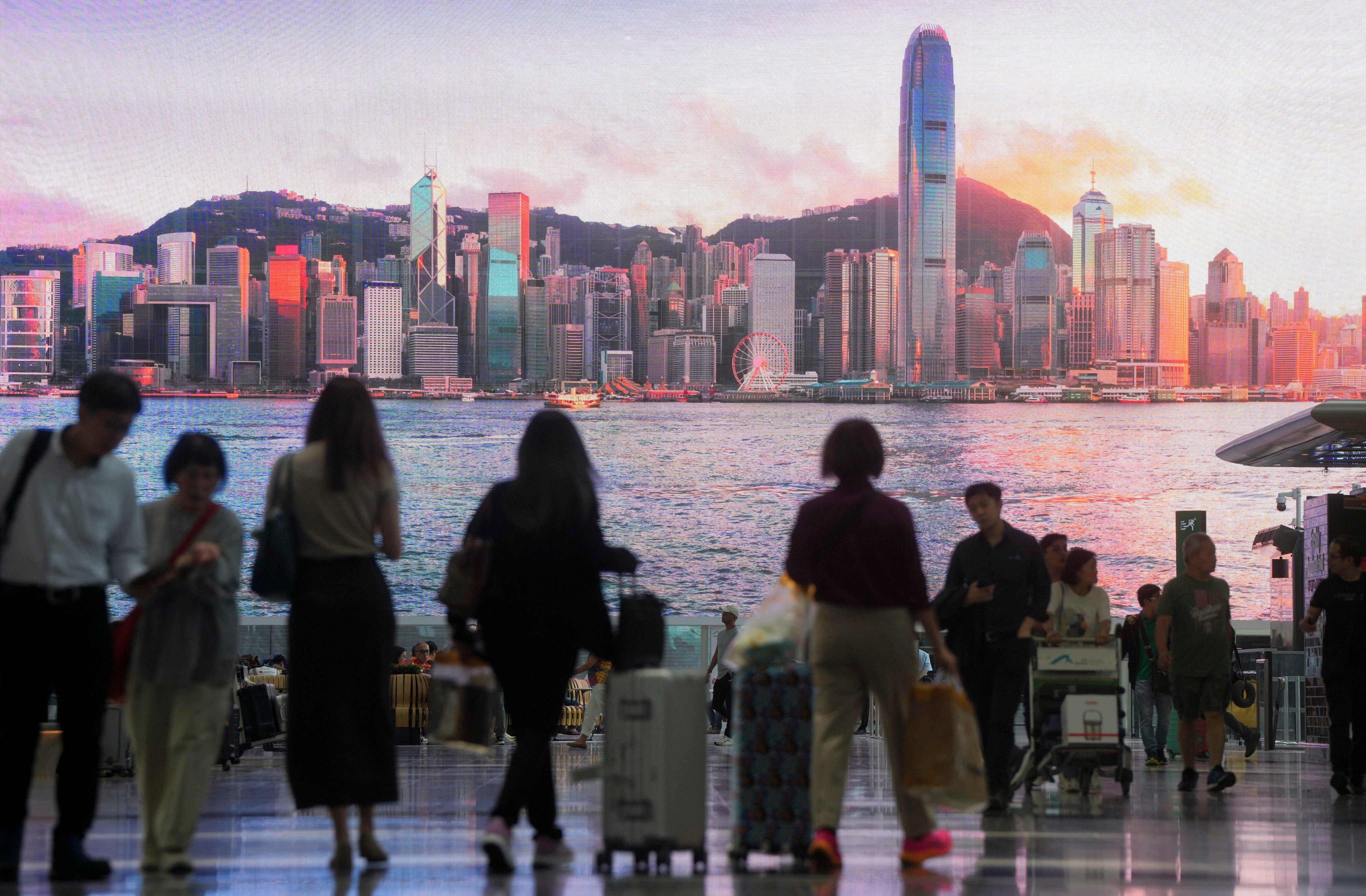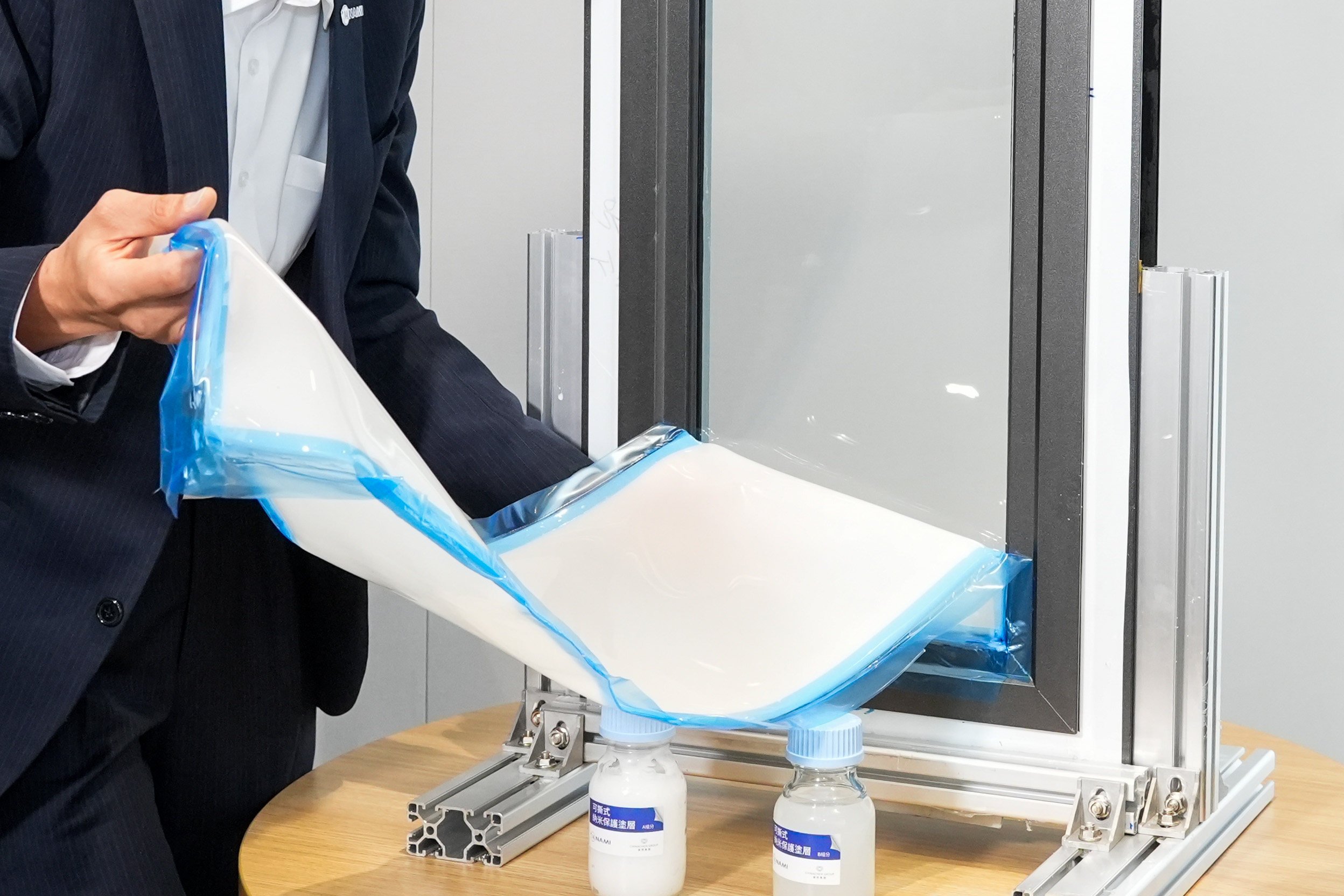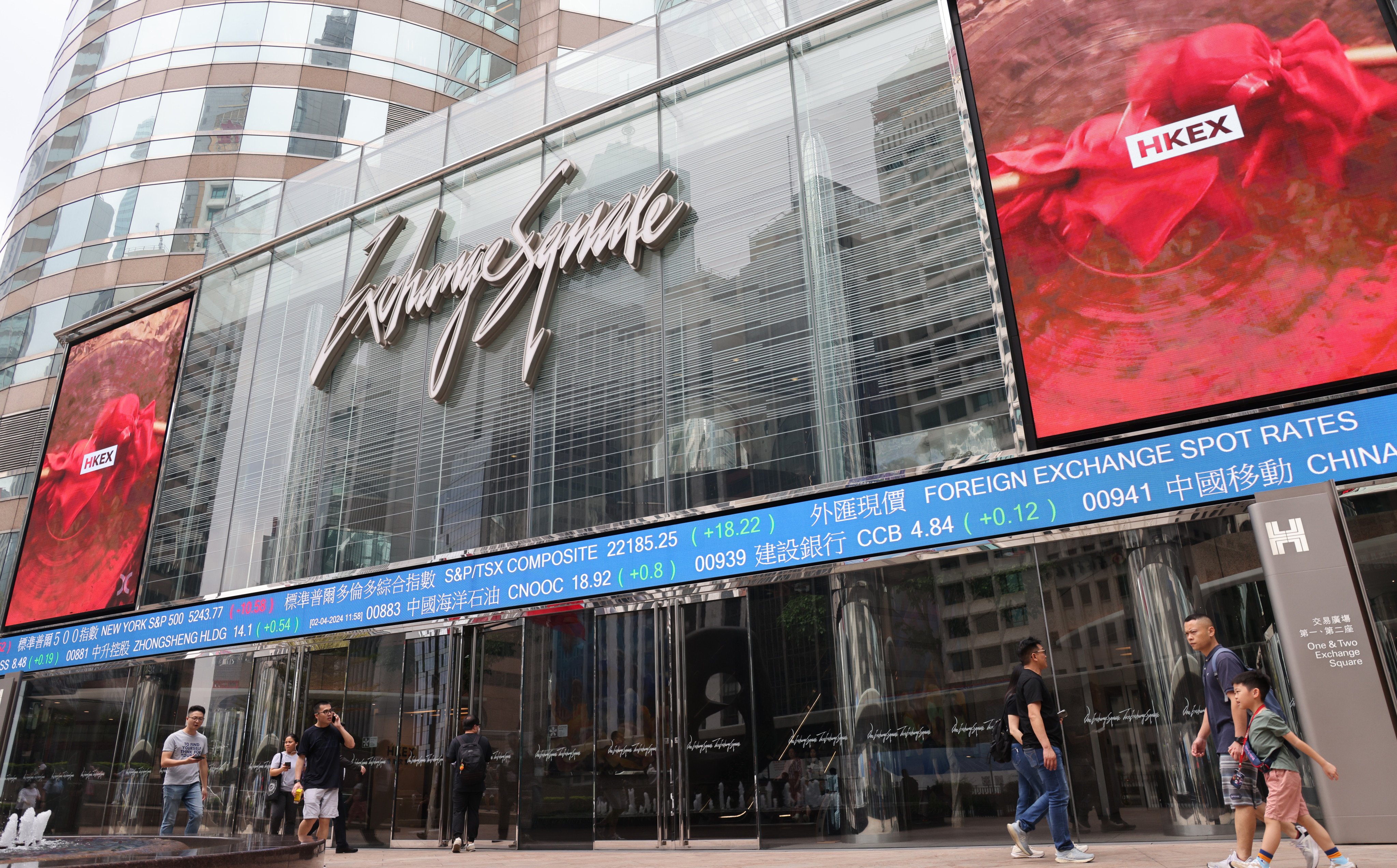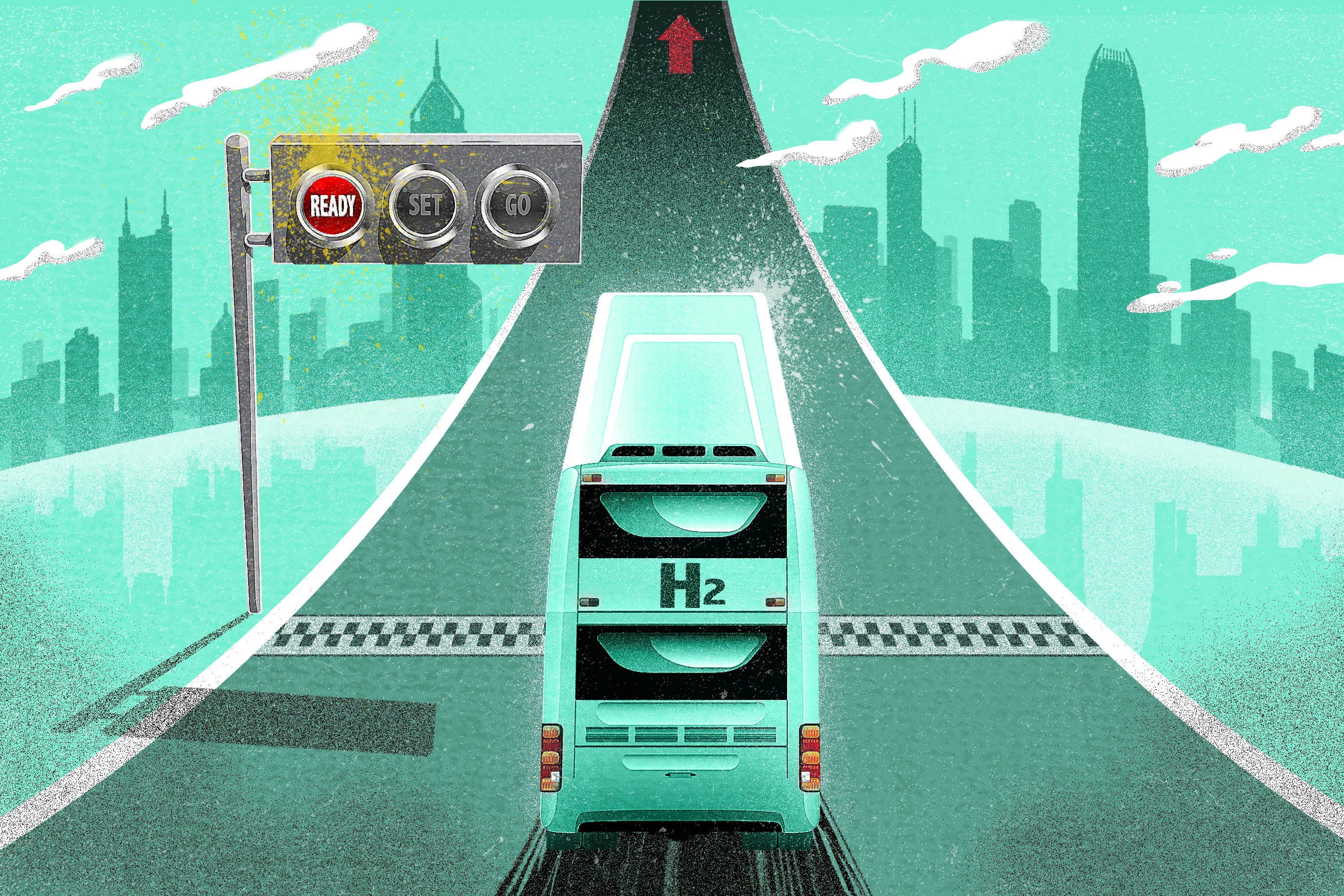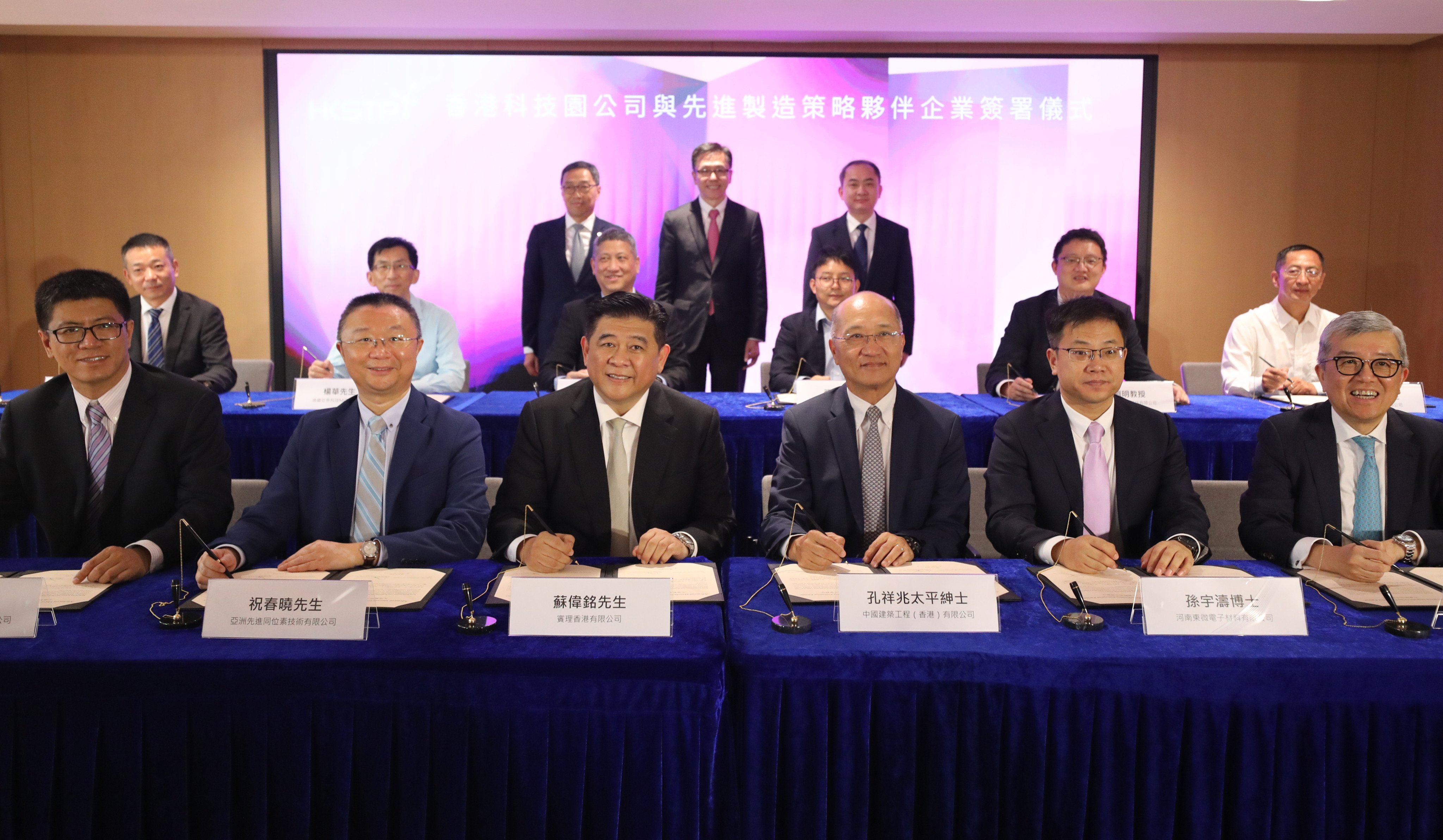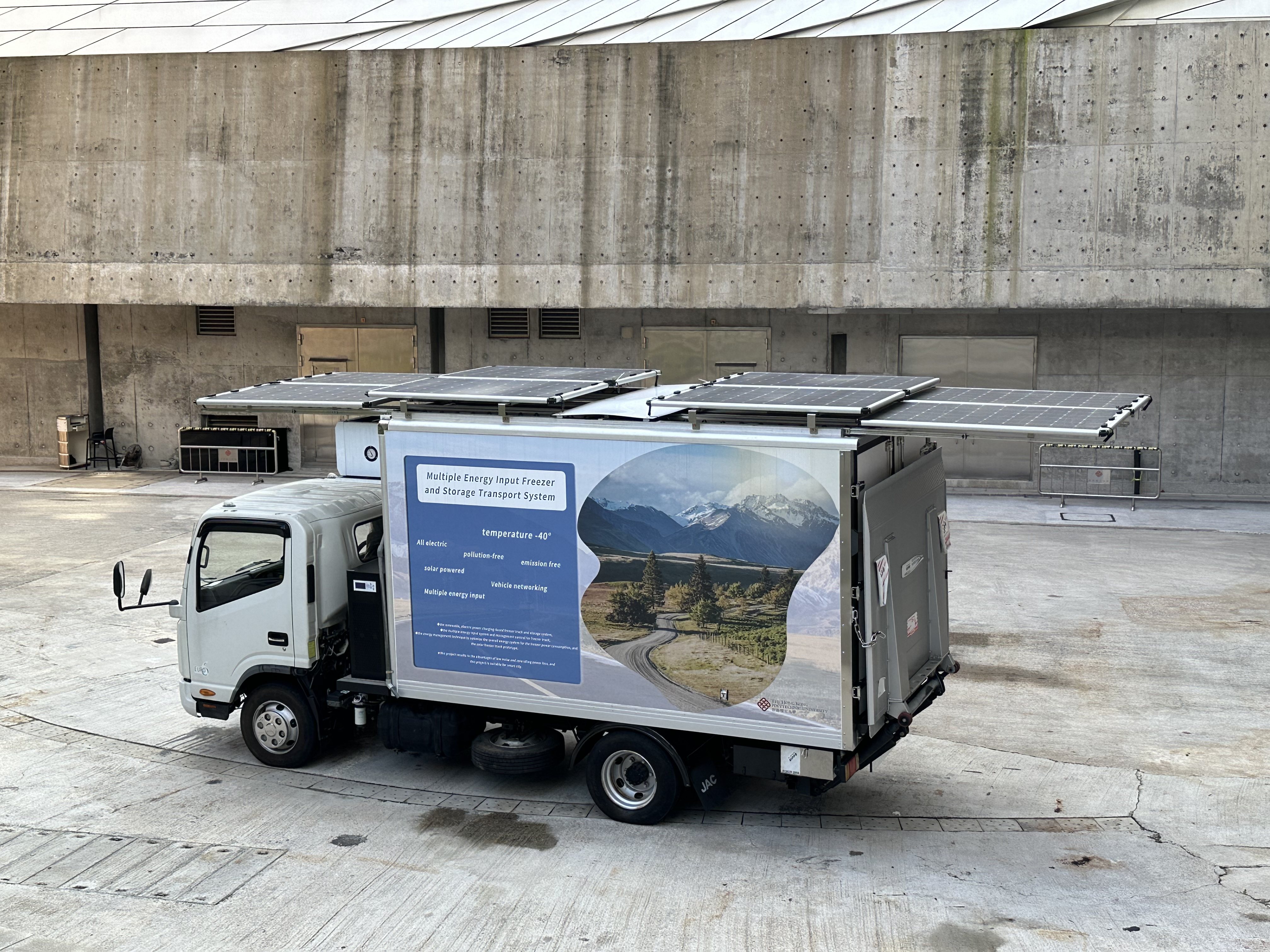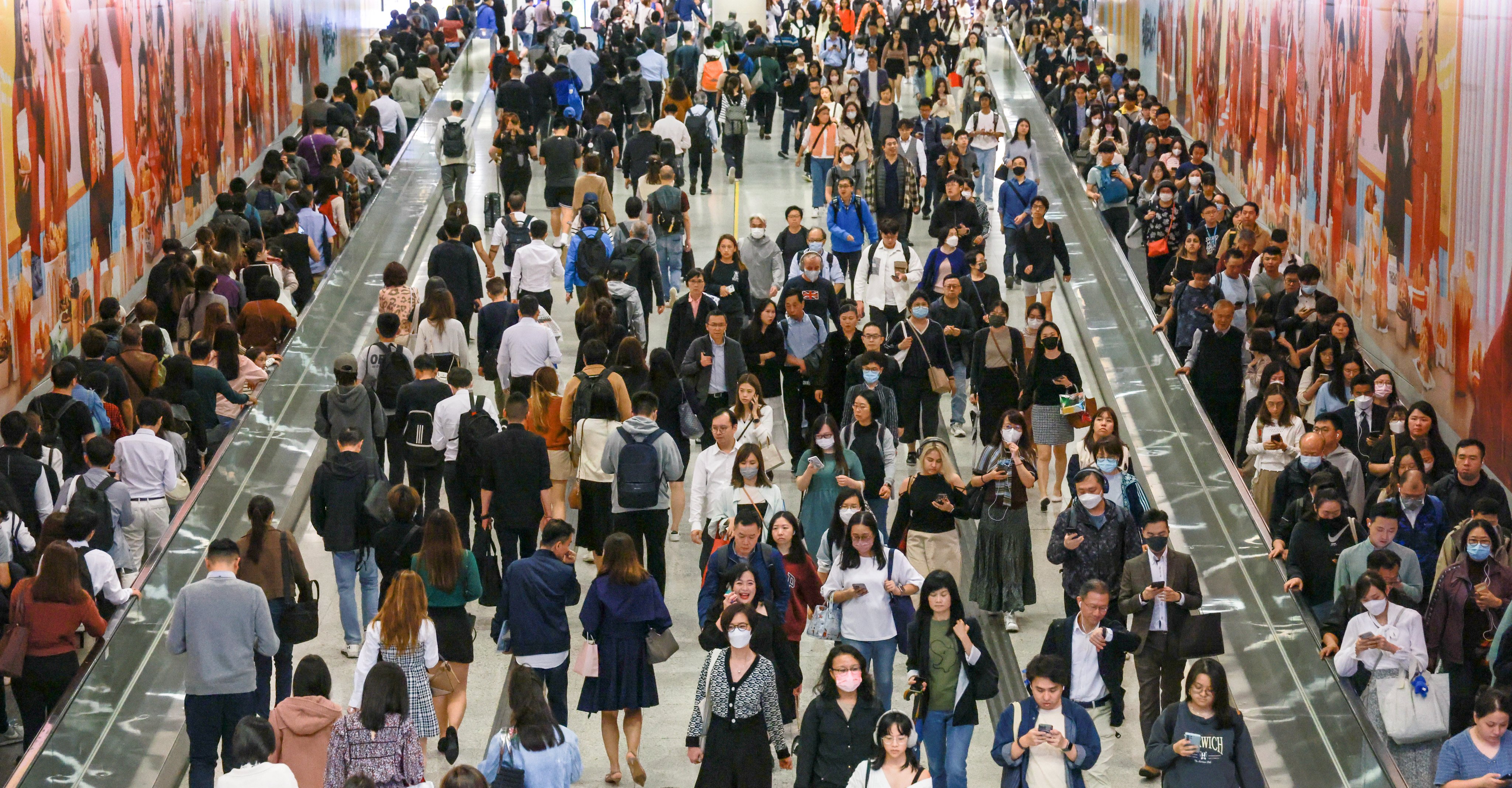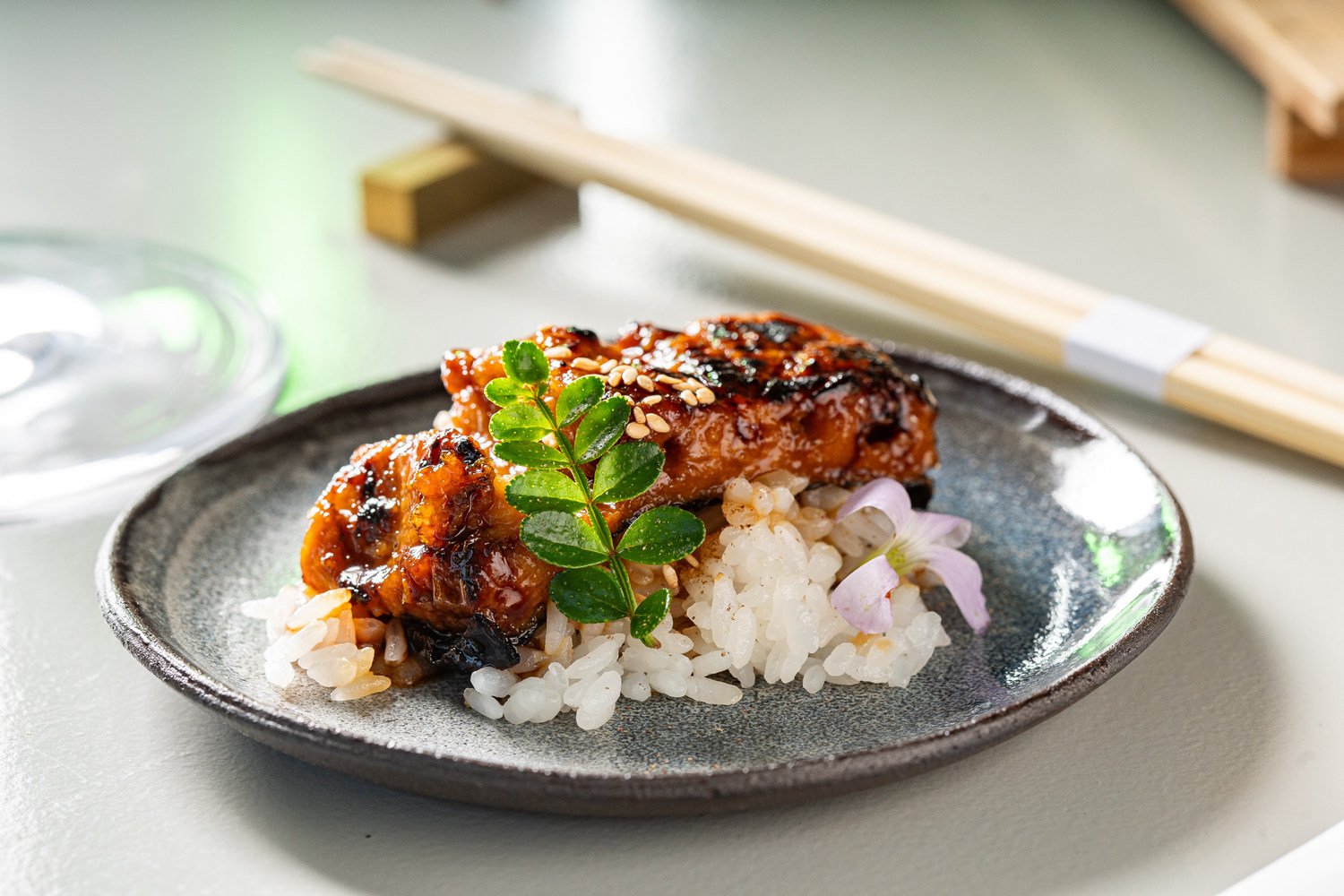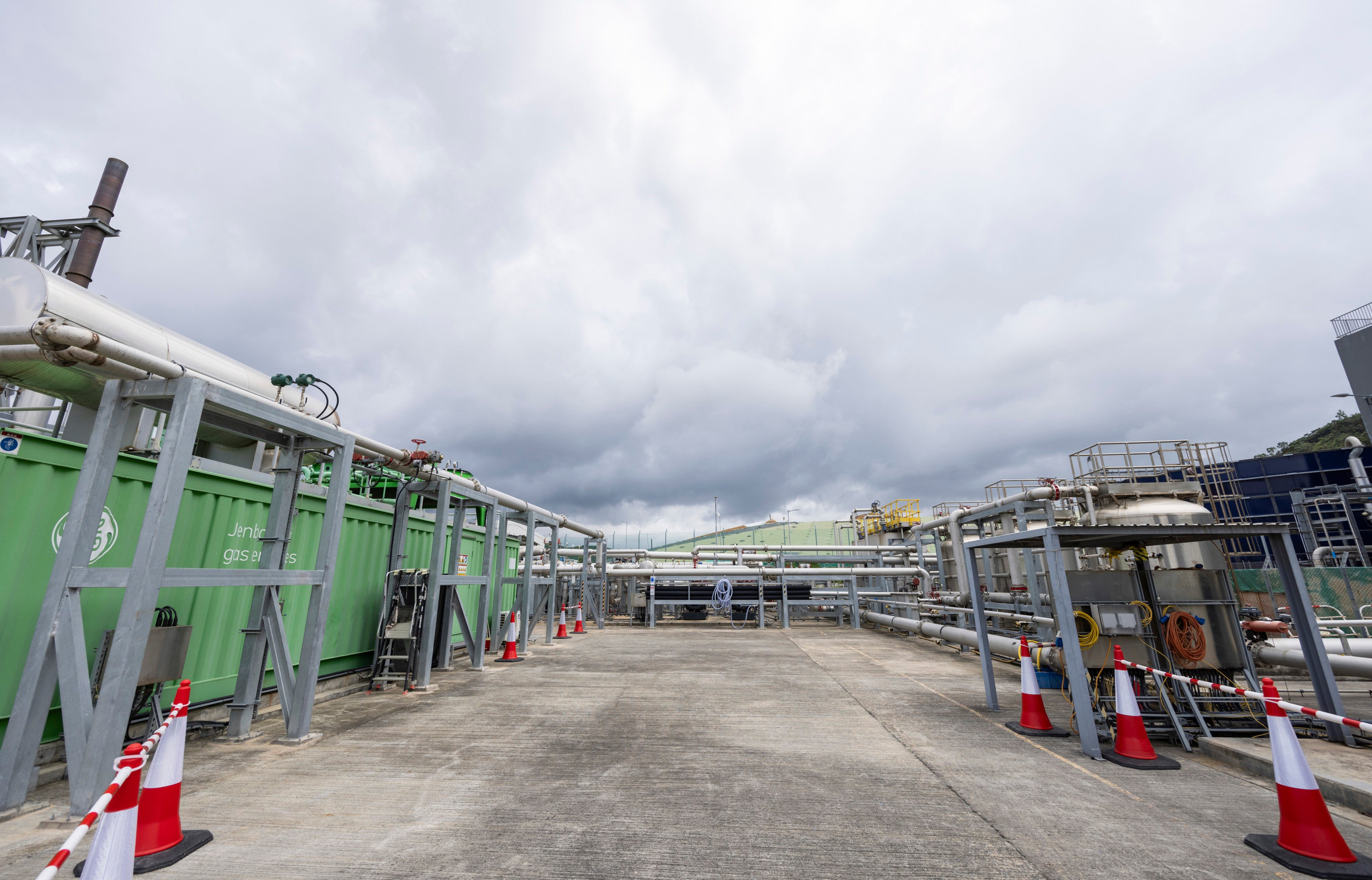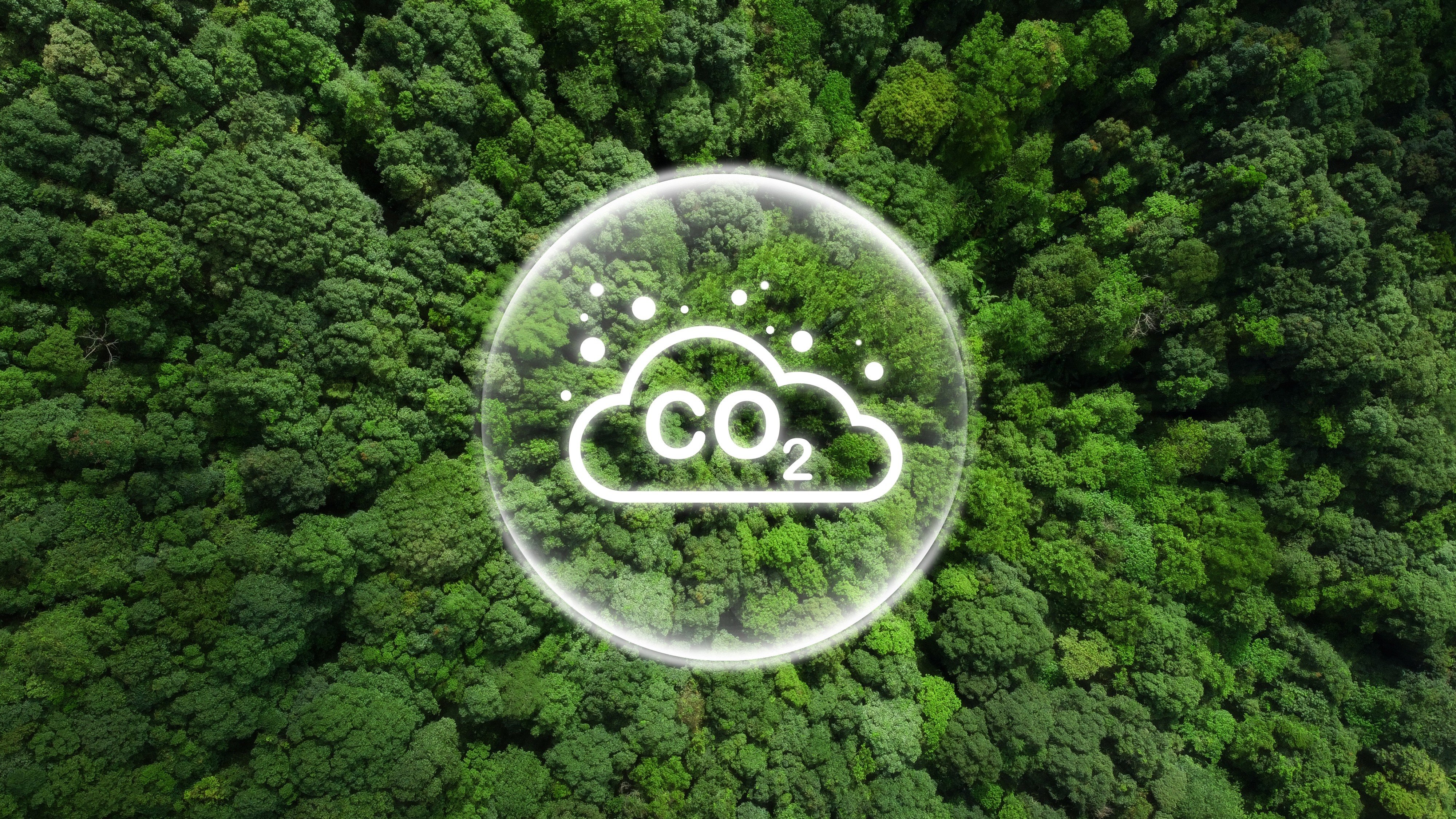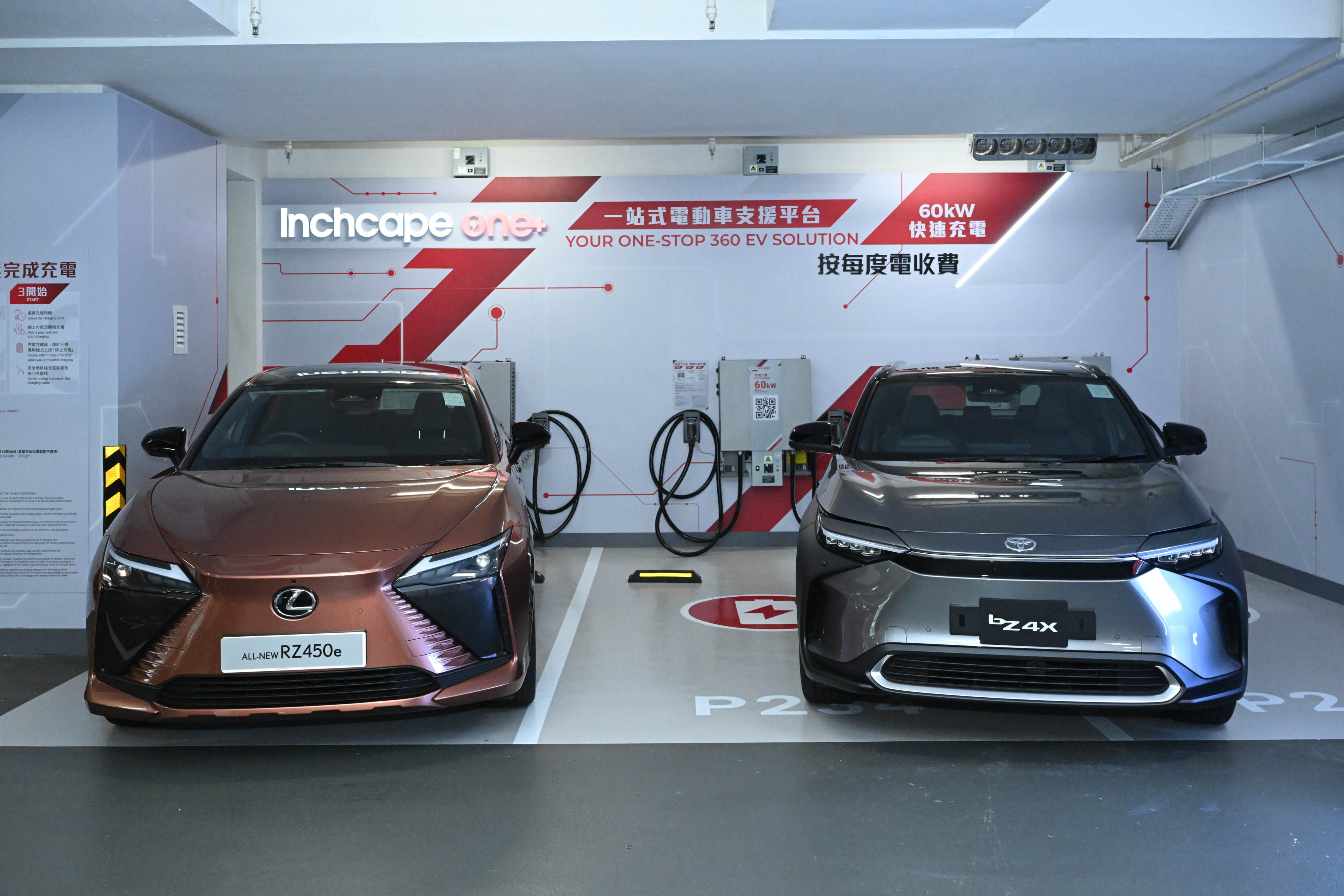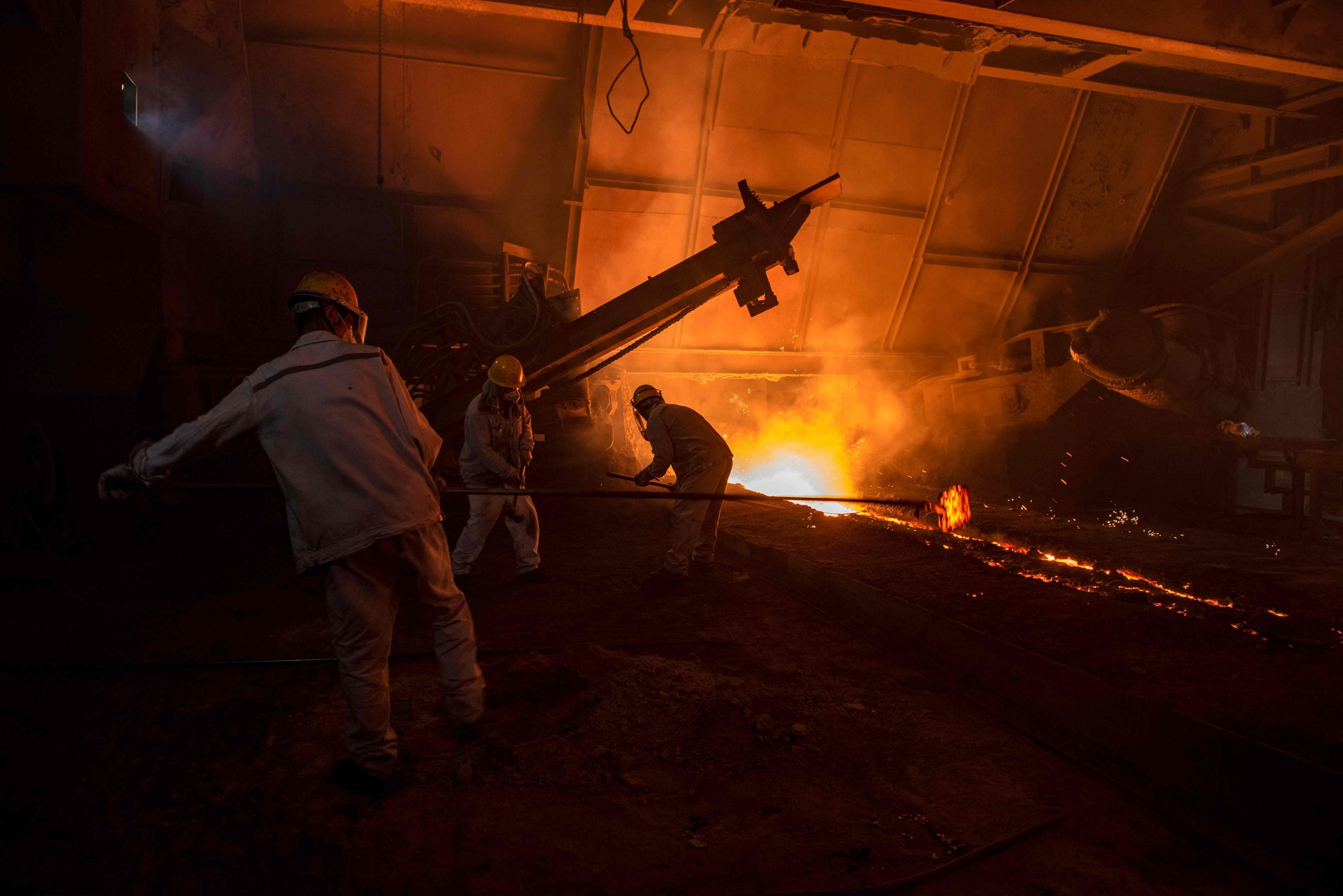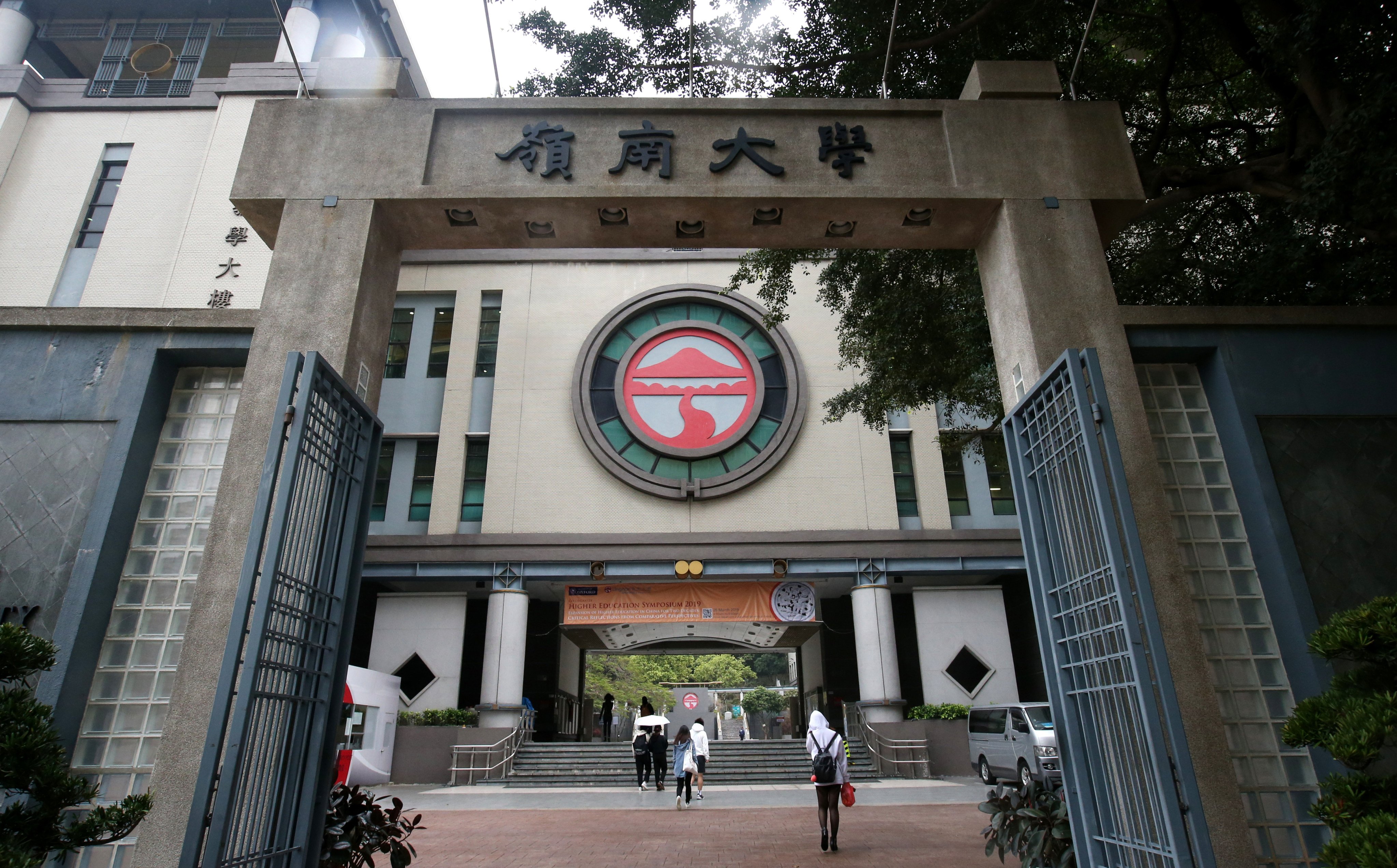Advertisement
Advertisement

Martin Choi
Reporter, Business
Martin is a business reporter with an interest in climate change and sustainability issues. He joined the Post in 2018 as a graduate trainee, after completing his degree in Journalism and Global Studies at the University of Hong Kong. He holds the Certified Environmental, Social and Governance Analyst (CESGA) designation awarded by the European Federation of Financial Analysts Societies.
Major procurement shifts, policy incentives and technical documentation frameworks are required to drive investments, alliance says.
Anta’s red-and-white tracksuit, officially named the ‘Champions Dragon Outfit’, used embossing, patchwork and embroidery to create motifs to represent the scales on the dragon’s skin.
The city has the opportunity to train people on implementing sustainability and ESG practices in the fashion industry, Li & Fung honorary chairman says.
Carmakers are turning to Hong Kong as buyers shed their disdain for made-in-China EVs, while companies use the opportunity to fine-tune their products that appeal to markets in Asia and elsewhere.
Advertisement
Carmakers from across the world are vying for a slice of the city’s fast-growing EV market. The Post takes a look at the top five carmakers and models.
The company’s third such investment in 2024 follows a deal for a natural-gas network in Northern Ireland in April and the purchase of 70 UK solar, wind and hydropower assets in May.
Electric vehicles are fast replacing conventional cars in Hong Kong. While EV buyers are generally happy with owning and driving them, they have a few pet peeves.
Hong Kong’s advantages in financing, logistics and commerce, along with friendly policies, can help Chinese carmakers expand overseas, experts say in a forum.
The larger of the city’s two power utilities reported first-half earnings growth of 17.6 per cent to HK$5.95 billion (US$762 million).
Chinese EV maker Xpeng will roll-out a right-hand drive version of its 7-seater multipurpose vehicle for the Hong Kong market in the fourth quarter.
The Chinese premium EV start-up backed by Renault and state-owned Dongfeng Motor has signed agreements with supply chain partners and financial institutions to accelerate its aim of establishing the first ‘Made in Hong Kong’ car brand.
Hong Kong unveiled plans for a multi-tranche sale of green bonds in dollar, euro and offshore yuan currencies to raise funds for financing projects under the government’s green bond framework.
Hong Kong Chartered Governance Institute (HKCGI) aims to promote sustainability-related advocacy, education and research.
Hong Kong-listed companies can improve their valuations by enhancing sustainability disclosures, according to industry lobby group Asia Securities Industry & Financial Markets Association.
The bank failed to conduct enhanced due diligence in high-risk situations in periods between April 2012 and April 2019, the HKMA says.
Valued at US$896 million in 2022, the waterfront office tower in Hung Hom was seized by creditors in early 2023.
The company expects to begin deliveries at the end of next year and aims to sell 5,000 units, as China’s low-altitude economy takes flight.
‘The government will press ahead with the drafting of the relevant legislation at full speed,’ Financial Secretary Paul Chan says.
Developed with the Nano and Advanced Materials Institute, the reusable coating aims to address losses of up to 30 per cent for windows during construction.
The deal values Singapore-based Synagistics, which provides digital commerce services, at HK$3.5 billion (US$448 million), according to an exchange filing.
In the last of a four-part series, Eric Ng and Martin Choi look at efforts to ignite a local hydrogen economy in Hong Kong.
The partnerships with 11 firms in sectors ranging from AI to new energy vehicles will help the city’s efforts to become an innovation and technology hub, minister says.
Plans are afoot to commercially produce solar-powered freezer lorries in the city for the first time, in a move to help reduce the carbon footprint of a sector responsible for a fifth of the city’s emissions.
With the number of senior citizens in Hong Kong set to double by 2046, an open, transparent process to decide on retention can benefit both employees and employers, according to a Hong Kong Chartered Governance Institute report.
Israeli alternative protein start-up Forsea aims to bring its cell-based eel unagi to Japan and other Asia-Pacific markets including China and Hong Kong to provide a more sustainable version of an enormously popular dish.
The Hong Kong and China Gas Company (Towngas) has teamed up with the French water, waste and energy group Veolia to launch the city’s first green hydrogen project, which will convert biogas from a landfill site into a sustainable fuel.
The availability of financial support and engagement with stakeholders are the top decarbonisation challenges faced by Hong Kong firms, according to signatories to the Business Environment Council’s net-zero carbon charter.
The distributor of brands including SAIC Maxus, Toyota, Lexus, Land Rover and Jaguar plugs in its first public charging station as EV sales surge amid a relative lack of public charging infrastructure.
Beijing to slash emissions from four carbon-intensive industries – steel, oil refining, ammonia and cement – by 84 million tonnes by the end of next year, NDRC said.
ESG practitioners will be trained to integrate big data analysis in financial decision-making in the jointly managed programme.

